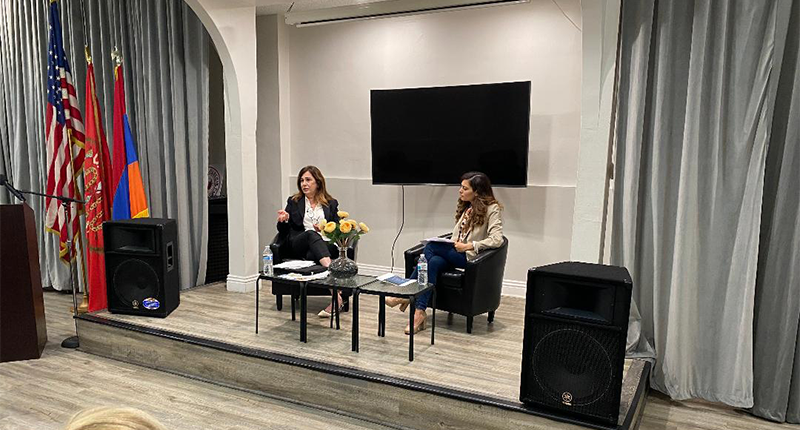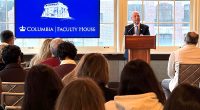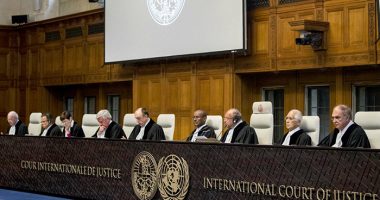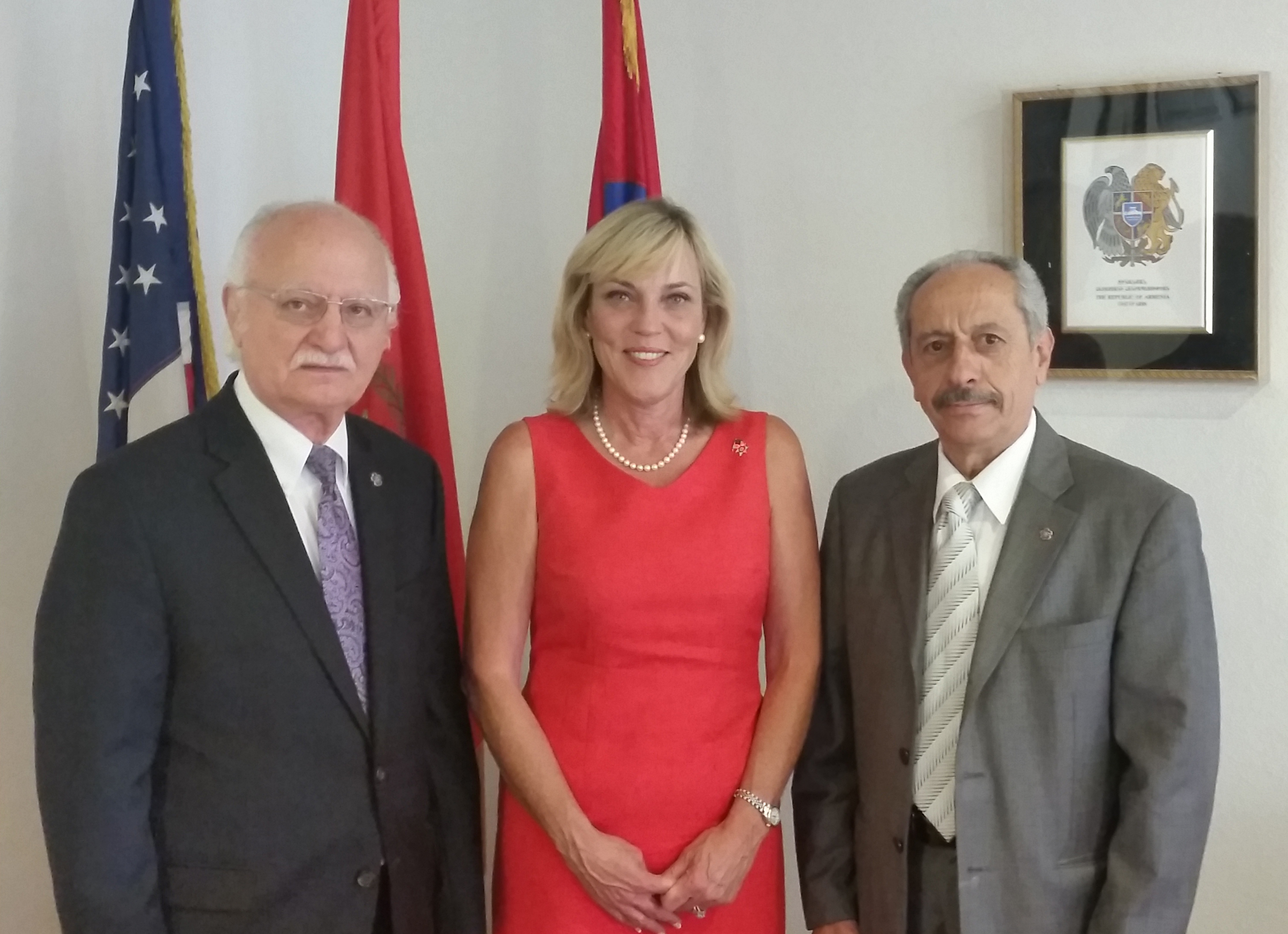PASADENA, CA – February 20, 2025: In the wake of the devastating Altadena Fire, mental health experts Ms. Seta Haig, LMFT, and Arpine Manukyan, AMFT led an important panel discussion titled “Be Gentle to Your Mind”, focusing on the psychological effects of wildfires on families, adults, and children. The event hosted by the HMM Women’s Auxiliary provided valuable insights into trauma recognition, emotional healing, and strategies for healing and resilience.
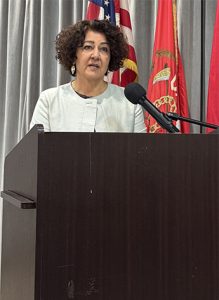

On behalf of the HMM Women’s Auxiliary, Dr. Rosine Der-Tavitian, who served as the moderator for the panel discussion, delivered the opening remarks and warmly welcomed attendees. To set a calming tone for the event, the panelist Ms. Seta Haig began the session by guiding everyone through a grounding technique, helping participants connect with the present moment and regulate their emotions before delving into the discussion.
The discussion covered essential topics, including:
– Recognizing Trauma & PTSD – Understanding the common psychological effects of wildfires and how individuals, parents, and caregivers can identify signs of distress in themselves and their loved ones.
– Helping Children Process Trauma – Guidance for parents and caregivers on supporting children through fear, anxiety, and loss after a wildfire. With practical approaches to helping children who have lost their homes or experienced displacement.
– Talking to Kids About Wildfires – Age-appropriate ways to discuss wildfires honestly without overwhelming children with fear. The Role of Schools & Teachers on how educators can provide emotional support and stability for children recovering from wildfire-related trauma.
– Addressing Long-Term Anxiety – Steps families can take to help children manage ongoing fears about wildfires and feel safe in their communities.
– Generational Trauma & Resilience – One of the panelists led a powerful discussion on how trauma can be passed down through generations, especially in communities that have faced repeated displacement or disaster. The conversation emphasized how families can break cycles of trauma by fostering resilience, open communication, and emotional support for future generations.
– Survivors’ Guilt & Coping Strategies – Many wildfire survivors struggle with guilt for having survived while others lost homes, livelihoods, or even loved ones. A panelist addressed this often-overlooked aspect of trauma, explaining how survivors can reframe their experiences, find purpose in healing, and honor those affected by supporting their communities. Techniques such as mindfulness, self-compassion, and finding ways to give back were discussed as effective coping strategies.
During the discussion on generational trauma, panelists highlighted the resilience of the Armenian community, drawing parallels between past hardships and the strength that has allowed generations to persevere. “As Armenians, resilience is in our DNA. Our history is one of survival, adaptation, and rebuilding in the face of adversity. Just as our ancestors overcame immense challenges, we too can heal from trauma and emerge stronger,” said Seta Haig.
In their closing statement, the panelists emphasized the importance of ongoing mental health support and resource access. They provided attendees with a list of local mental health professionals, crisis hotlines, community support groups, and online resources tailored to those affected by wildfires. “Healing is a journey that doesn’t happen overnight,” said Seta Haig. “We encourage anyone struggling with trauma, anxiety, or loss to seek support and know that they are not alone.”
“Wildfires don’t just destroy homes; they leave lasting emotional scars,” said Ms. Arpine Manukyan, “It’s crucial to recognize the signs of trauma and provide children with the tools they need to heal and feel safe again.”
The event concluded with an open coffee session, where attendees had the opportunity to engage with the panelists in group discussions, share personal experiences, and seek further guidance. Panelists provided additional resources for support.
The “Be Gentle to Your Mind” panel discussion served as a powerful reminder of the importance of mental health support in disaster recovery. The HMM Women’s Auxiliary remains committed to fostering conversations and resources that promote healing and resilience for all affected by wildfires. The discussions emphasized the importance of community support, early intervention, and long-term resilience-building in wildfire-prone areas.

